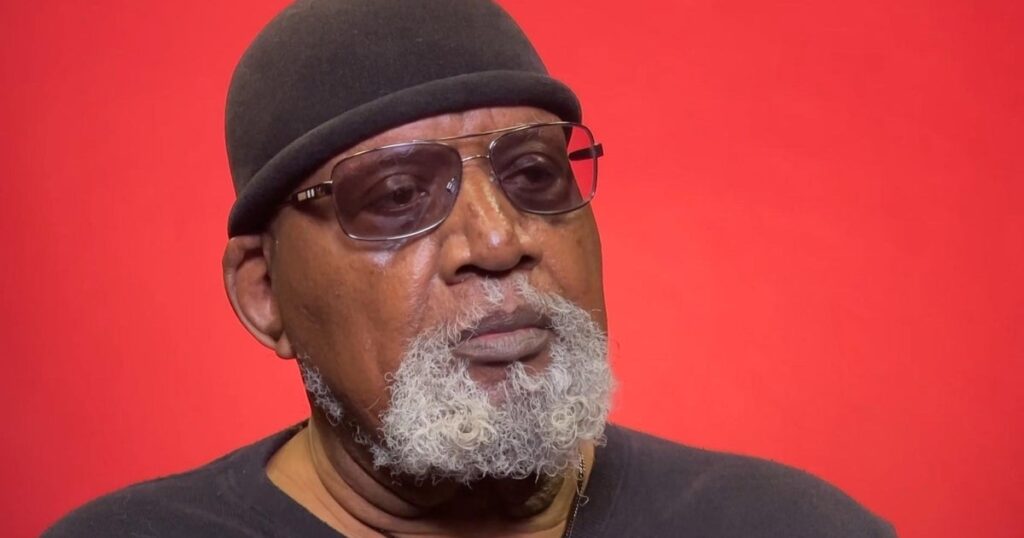Dr. Harry Edwards Reflects on America’s Current Challenges
Renowned civil rights leader and sociologist Dr. Harry Edwards is perhaps best recognized for masterminding the protest during the 1968 Olympics. However, this pivotal moment was just a cornerstone in a lengthy career dedicated to studying the sociology of sports and addressing societal issues.
In a recent conversation with CBS News Bay Area, Dr. Edwards articulated his concerns regarding the prevailing issues in the United States today, particularly highlighting the pervasive fear among individuals. “Today, the biggest problem that America has is that we’re afraid of each other. The biggest problem we have is that we’re afraid of change,” he stated.
A Call for Reflection
At 82, Edwards remains a vocal advocate for racial equality and social justice, invoking the urgency of these discussions. He believes the nation is at a pivotal moment, saying, “To the extent that we don’t face up to that challenge, there are some very, very, very dark days ahead.” His critiques extend to the quality of decision-making across society, suggesting that the leadership may not be equipped to navigate the country’s complex issues.
Legacy and Achievement
Edwards’s influence as a professor at San Jose State University in the 1960s and a sociologist continues to resonate. During his academic tenure, he organized the Olympic Project for Human Rights, which resulted in a powerful symbol of protest when athletes Tommie Smith and John Carlos raised their fists during the medal ceremony in Mexico City. This historic act, now commemorated with a statue at SJSU, was at first met with criticism but is now celebrated across the landscape of sports history.
Concerns for the Future
As a Professor Emeritus at UC Berkeley, Edwards expresses profound concern about the current state of social media and artificial intelligence. He highlights the challenges posed by misinformation, stating, “We have a glut of information where the first issue is to decide what is fake and what is real.” This dilemma, coupled with a perceived lack of athlete activism today, weighs heavily on his mind as he reflects on the courage displayed by leaders like Colin Kaepernick.
Emerging Leaders
Despite these challenges, Edwards remains optimistic about the emergence of new movements. “Women are going to play an increasing role in that next effort. I’m not concerned that we don’t see the leadership for that,” he noted. He draws parallels to historical figures, recalling how no one anticipated Dr. Martin Luther King Jr.’s rise to prominence.
Recognition and Personal Challenges
Recently honored by the San Francisco 49ers as their 2024 Inspire Change Changemaker, Dr. Edwards’s commitment to community impact has never wavered. He initially joined the team as a consultant under Coach Bill Walsh, focusing on diversifying recruitment in sports. However, his health has recently become a concern; diagnosed with terminal bone cancer, he chooses to approach this phase of his life with positivity and resolve, stating, “I’m at peace with that.”
Summary of Dr. Edwards’s Contributions
| Event/Contribution | Year | Impact |
|---|---|---|
| Olympic Project for Human Rights | 1968 | Led to iconic protest by athletes at the Olympics |
| Professor Emeritus at UC Berkeley | Present | Continues to influence sociology and sports studies |
| Inspire Change Changemaker Award from 49ers | 2024 | Recognized for his contributions to community change |
| Advocacy for Athlete Activism | Ongoing | Promotes activism among today’s sports figures |


